The flashes and booms of fireworks on the Fourth of July are a tradition almost as old as America itself. But – as with any time you are dealing with fire – fireworks safety should be top of mind.
Fireworks History
In the days leading up to the signing of the Declaration of Independence, Founding Father John Adams predicted in a letter to his wife, Abigail, that the occasion would be “solemnized with Pomp and Parade, with Shews, Games, Sports, Guns, Bells, Bonfires and Illuminations from one End of this Continent to the other from this Time forward forever more.”
As anticipated, fireworks were part of the first organized Independence Day celebrations in Philadelphia and Boston in 1777 and have been representative of the holiday’s festivities ever since. It doesn’t feel like the Fourth of July without seeing sparklers twirling in the dark or hearing the popping and sizzling of firecrackers late into the night.
During your summer celebrations, practice these fireworks safety tips to make sure that the only flashing red, white and blue lights that you see are in the sky, not on top of a police car or ambulance.
Fireworks Safety Stats
Fireworks can cause serious burns and other life-changing injuries to eyes, ears and appendages, and can potentially be fatal.
There were an estimated 11,500 injuries bad enough to require medical treatment and a minimum of nine deaths due to fireworks-related incidents in 2021, according to the latest U.S. Consumer Product Safety Commission Fireworks Report.
Most incidents are due to amateurs attempting to use professional-grade, homemade or other illegal fireworks or explosives, but an estimated 1,100 of reported injuries were from sparklers.
An estimated 19,500 fires are started by fireworks annually, according to the National Fire Protection Association. And as you might imagine, more fires are reported on Independence Day than any other day of the year.
Fireworks Laws
Connecticut
All fireworks are illegal except for sparklers and fountains, which can only be legally used by people 16 or older.
New York
The sale and use of fireworks known as “sparking devices” are allowed by New York state law in cities and counties where a law has not been enacted against them.
Counties that prohibit the sale and use and of sparkling devices are Bronx, Columbia, Kings, Nassau, New York, Queens, Richmond, Schenectady, Suffolk and Westchester.
Sparkling devices are defined as ground-based or handheld and produce a shower of colored sparks and flames, audible crackling or whistling and smoke. The law limits the size, type and construction.
New Jersey
It is unlawful to sell, possess or use fireworks anywhere in the state without a valid permit. Those 16 years of age or older can lawfully buy, possess and use certain sparkling devices and novelties. Permissible fireworks include handheld or ground-based sparklers, snakes and glow worms, smoke devices and trick noisemakers.
Massachusetts
It is illegal for private citizens to use, possess or sell fireworks, or to purchase them legally elsewhere and transport them into the state. The law prohibits any article designed to produce a visible or audible effect.
Rhode Island
Legal fireworks include ground-based and handheld sparkling devices, fountains, illuminating torches, wheels, spinners, party poppers, snappers, toy smoke devices, snakes and glow worms. Any firecrackers, rockets, mortars or any other device that launches a projectile and/or makes a “bang” are illegal.
Fireworks Safety Tips
Advice from the National Safety Council and CPSC on how to practice proper fireworks safety.
- One of the best fireworks safety tips to follow is to never use fireworks illegally. The safest way to enjoy fireworks is to go to a public show put on by professionals. If you do choose to use fireworks legally, use them away from people, houses and flammable materials.
- Never light fireworks: indoors, in a container, in your hands or when impaired.
- Only light one device at a time and maintain a safe distance after lighting.
- Never point or throw fireworks at anyone or anything.
- Anyone using fireworks or standing nearby should wear protective eyewear.
- Keep a bucket of water or a fire extinguisher nearby to fully put out fireworks that don’t go off or in case of fire. Soak both spent and unused fireworks in water for a few hours before discarding.
- Do not underestimate sparklers: Sparklers burn at around 2,000 degrees, which is hot enough to melt some metals. They can quickly ignite clothing and children have gotten severe burns from dropping sparklers on their feet. If sparklers are legal where you live, don’t let young children handle, and closely supervise older children.
- Remember that kids imitate adults. Do not operate fireworks irresponsibility in front of children and teach them to understand the dangers.
How will you be celebrating the Fourth of July this year? How do you feel about fireworks? Tell us in the comments.
Protect your home and property with homeowners insurance from AAA. Schedule an appointment to speak with an agent today.
11 Thoughts on “Fireworks Safety Tips and Facts for the Fourth of July”
Leave A Comment
Comments are subject to moderation and may or may not be published at the editor’s discretion. Only comments that are relevant to the article and add value to the Your AAA community will be considered. Comments may be edited for clarity and length.




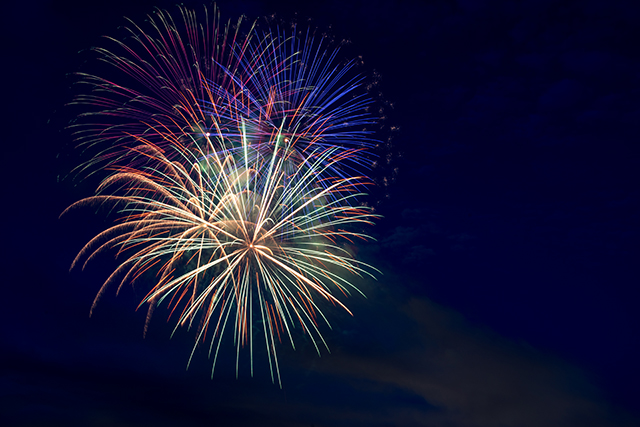
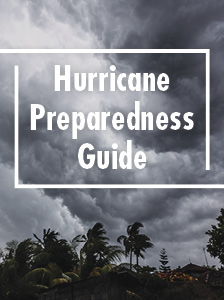

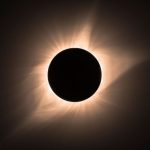



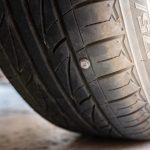



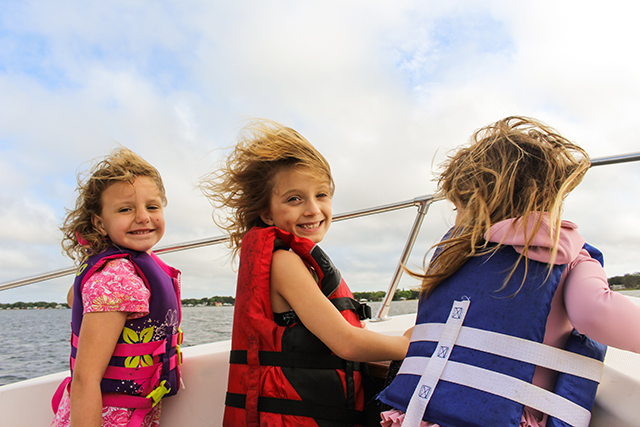
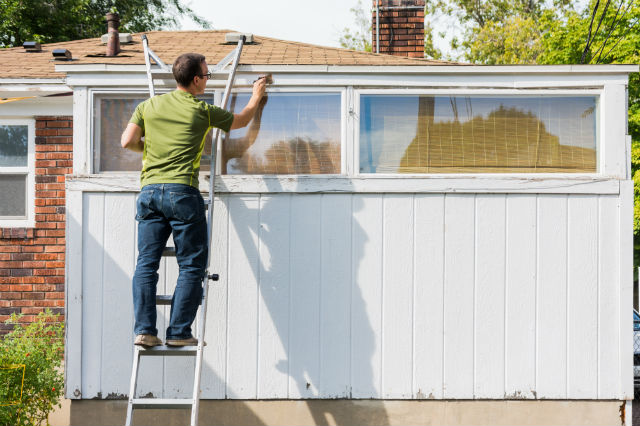
I will not drive on July 4th especially the evening. The local police cannot control individuals shooting off fireworks especially at access points to highways etc.
Fireworks make people happy and are emblematic of our freedom based heritage. Use them responsibly and celebrate the freedom that makes America the greatest nation on the planet.
In Massachusetts, if fireworks are illegal, why aren’t more town police enforcing the law? There are known cookout locations annually which consistently blow off commercial-grade displays, yet the noise must deafen law enforcement as they do nothing about this illegal activity, making them just as responsible for the injury and death fireworks cause.
Interesting to see what’s prohibited, but these same items are still being sold at Walmart, Costco, BJ’s and pop up fireworks stores/tents in NJ. What’s up with that?
There is fireworks every night in my neighborhood. This has been going on about one month now. It’s very loud and affects your sleep also causes severe headache, chest pain and anxiety. The hospital is across the street and I wonder how the patients manage with the excessive noise.
Why hasn’t damage to one’s hearing from loud booming fireworks been addressed?
WHAT?!?
They should be illegal,too many people losing fingers,hearing,etc.People don’t use common sense about the noise when others are trying to sleep.They are starting earlier in the month and more sleepless nights.Should be left to the professionals.
You’ve made some points that are well taken, Norman. It’s agreed–the setting off of any private fireworks displays should be and must be left to the professionals.
I believe fireworkds should only be allowed to professionals for public displays. No private family use of any kind.
Hi, Barbara. I’m in total agreement with you here. It’s extremely dangerous for ordinary run of the mill people to set off fireworks on their own. People have been seriously injured, and/or even killed as a result of doing that. If a group of people wants to have their own display of fireworks in their own backyard, they should hire and pay a professional who really knows what they’re doing to present a display of fireworks. Sure, holidays like the 4th of July can be fun, but it makes absolutely no sense to temp fate, and risk permanent injury or death in the process.